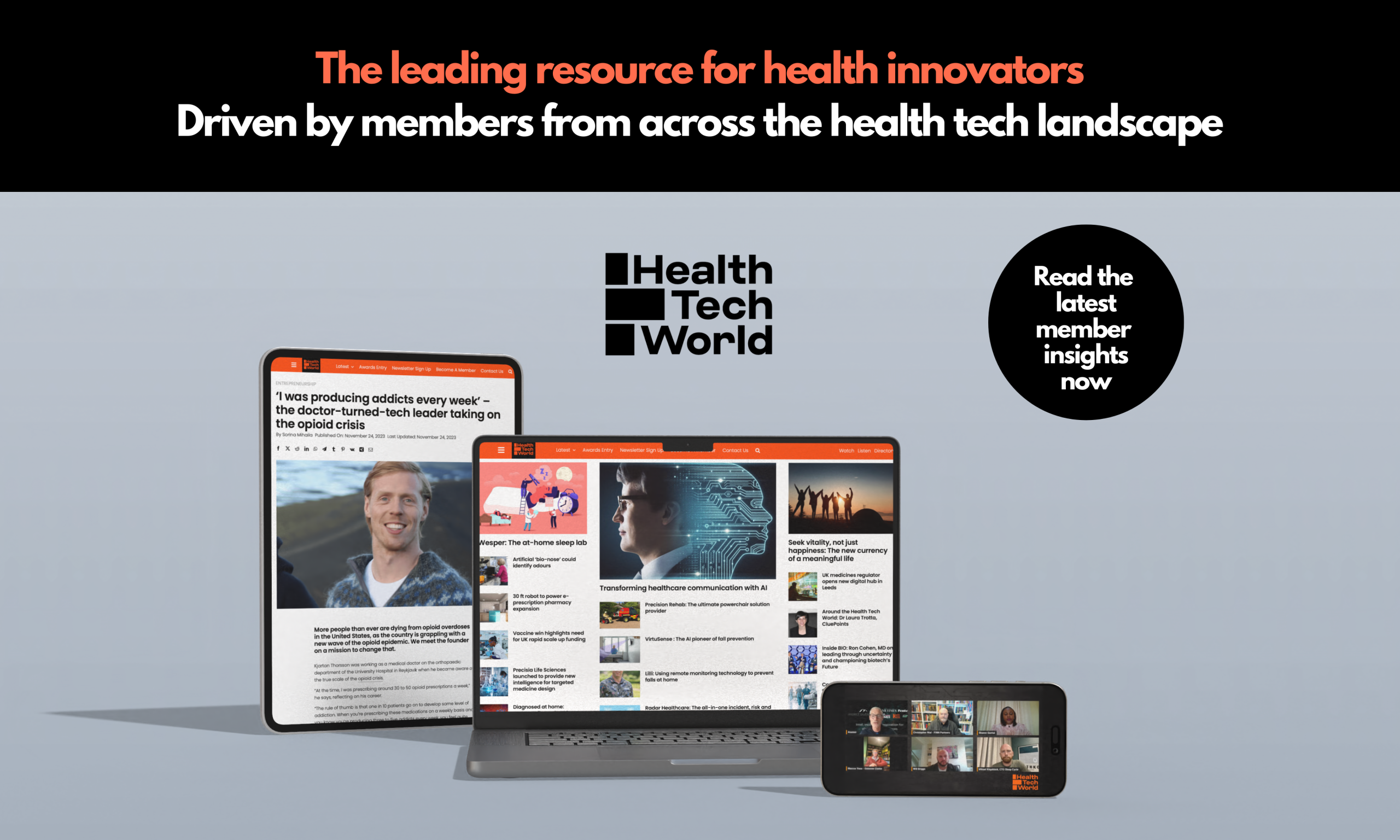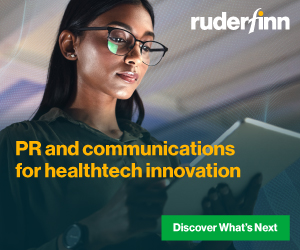Almost a quarter of UK patients are turning to AI for guidance, with Gen Z patients most likely to ask ChatGPT before their GP, new research has revealed.
The survey of 2,000 UK patients found that one in four patients (24 per cent) already use AI for health guidance, and one in three (30 per cent) would be willing to consult AI or social media rather than wait to see a clinician.
Yet this shift in digital behaviour is not translating into a sense of control: almost 80 per cent reported not feeling fully in control of their healthcare.
Many patients still leave appointments uncertain about what comes next.
Nearly two-thirds (63 per cent) reported feeling confused afterwards, suggesting they may also be turning to AI in a growing desire for further information or reassurance.
Christoph Lippuner, co-founder and CEO at Semble which commissioned the research.
He said: .“Patients are curious, informed and eager to take control of their health.
“They are drawn to these tools out of convenience or anxiety.
“So, the question is no longer whether patients will use AI, but how we can make that use safe, ensuring they understand the limits and feel supported to bring any insights into informed conversations with clinicians.”
As AI has become part of everyday life, the younger generations are leading this shift in how patients take control of their health: among 16–25-year-olds, one in three (34 per cent) already use ChatGPT for health guidance and 30 per cent turn to TikTok.
However, this also highlights a growing reliance on non-clinical sources.
Notably, 35 per cent of this age group said they would consider turning to AI or social media rather than wait to see a healthcare provider.
The research also revealed that over a third (38 per cent) of patients felt uncomfortable discussing information they’d found online with their healthcare provider, representing a clear opportunity for collaboration in the wake of surging AI use.
Dr Uchenna Amaechi, GP and co-founder of 2Me Clinic, said: “We have patients who are anxious because they’ve watched lots of TikTok videos.
“We take the time to discuss with the patient what to expect.
“We can’t control a lot of what happens on social media, but we can control what happens in this clinic, and that’s what patients are going to take away.”
Lippuner added: “Patients are turning to AI because it’s immediate.
“It’s a natural response to a system under pressure, but it comes with risks: without clinical context or continuity, the information they find can be incomplete, overwhelming or simply wrong.
“Our job is to make it easier for clinicians and patients to stay connected, facilitated by healthcare systems that support open dialogue – and to ensure that when AI is part of the patient journey, it’s used safely and constructively.
“The goal is simple: keep patients safe, reduce confusion, and ensure AI complements – not replaces – professional care.”










